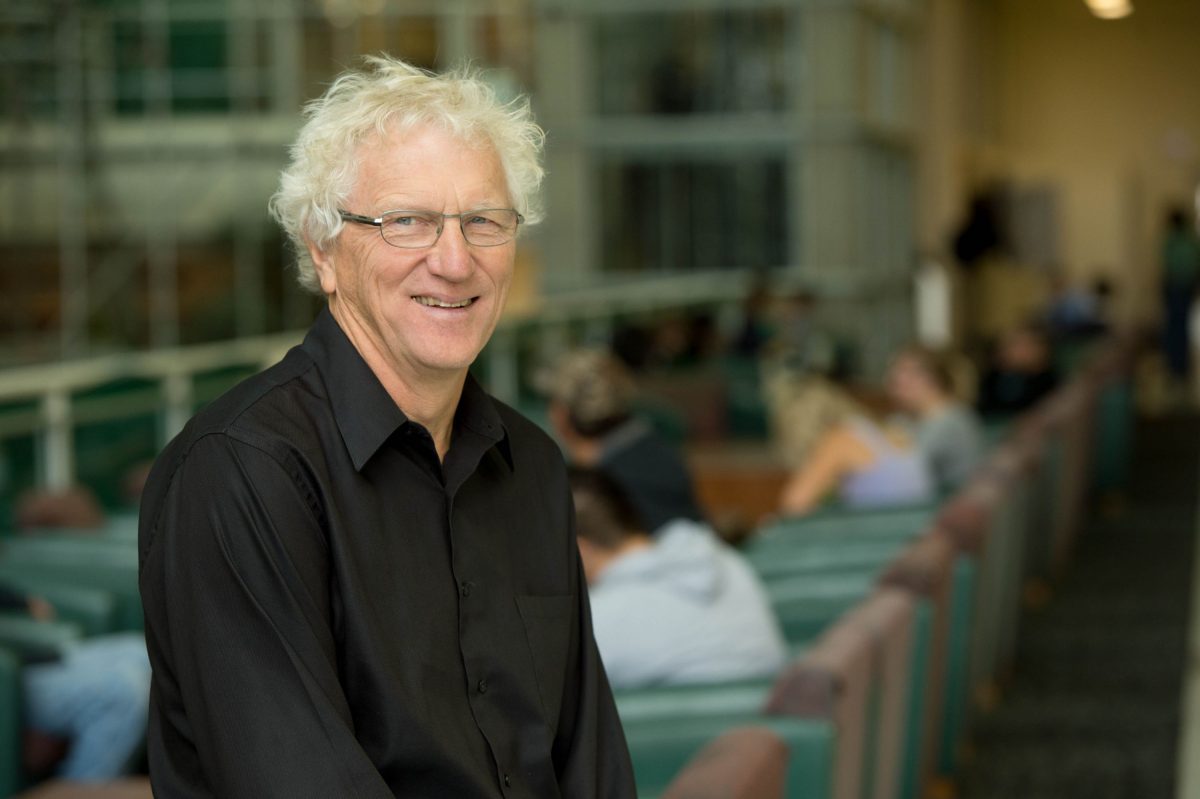
Rural family med champion honoured for his service
Focus on the positive.
For Don Klassen [B.Sc./70, CertEd/72 and MD/76], that principle has been key to a career in medicine spanning nearly five decades.
“I’ve been blessed with an optimistic outlook on life,” said Klassen, associate head of distributed medical education for the department of family medicine at the Max Rady College of Medicine, Rady Faculty of Health Sciences, and medical director of Manitoba’s Health Care Provider Network (MHCPN). “There’s lots of challenges certainly, but if I had to do it all over again, I would still be a family doctor.”
Klassen, recently awarded both the Queen Elizabeth II’s Platinum Jubilee Medal and the Southern Health/Sante Sud (or SHSS) Regional Medical Advisory Council’s Physician Emeritus Award, has dedicated his career not only to medicine, but to championing medical education in rural manitoba.
He’s been a devoted educator at the University of Manitoba nearly as long as he’s been a physician himself. About a year after he graduated from his family medicine residency at UM, he got a call from former department head Dr. Gary Beazley. “He said now [that] you’ve had a chance to get used to practice, it’s time for you to be a teacher.” Klassen took on the role and hasn’t looked back.
Klassen has also been instrumental in introducing medical students to rural practice, with the establishment of Rural Week for first-year medical students and the Home for the Summer program for first- and second-year medical students.
“It helps return students to rural areas, to their roots, as it were, although not necessarily to their hometown location,” said Klassen. The program gives students paid work for the summer – something any university student can appreciate – and opens their eyes to the breadth of opportunities in rural medicine.
“In rural and northern areas, much of health care is provided by family physicians, both primary care and in hospital and other settings like nursing homes,” he said. “In urban areas, much of the care, at least the in-hospital care, is done by Royal College specialists.”
For Klassen, not only is the scope broader, but the Winkler native says it also comes with the benefits of living in close-knit communities with ready access to the beauty of our province. “Living in rural Manitoba has been great for my family. We have had all the benefits of rural life and can easily access what we like to do in Winnipeg.”
During Klassen’s time in the department, opportunities for those interested in practicing in a rural or northern setting have expanded dramatically. The Parkland family medicine residency program, based in Dauphin, was developed as one of the first rural residency programs in the country. Today, family medicine residency programs have expanded to include 13 training sites, serving patients as far north as Churchill and as far south as Morden/Winkler, with Iqaluit to the east and Hay River, N.W.T. to the west.
For students considering a career in medicine – whether rural or urban – Klassen advises potential physicians to search their hearts. “Everyone says they want to go into medicine because they want to serve people,” he said. “But make sure you know what that means. You need to have a decent idea of what kind of a person you are and want to become. Medicine is a great career, but if you go into it for the wrong reasons, it’s not going to be as great as you hope. More than anything, you have to know yourself. After that, go for it!”






